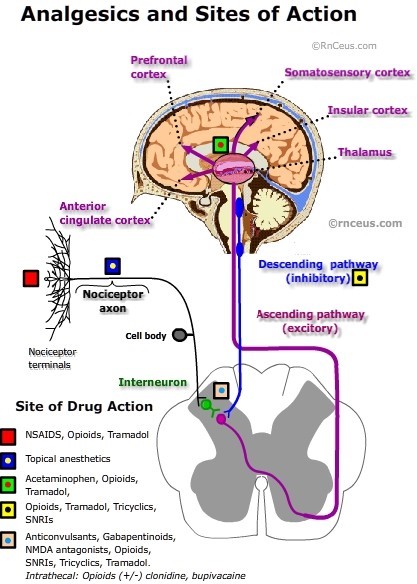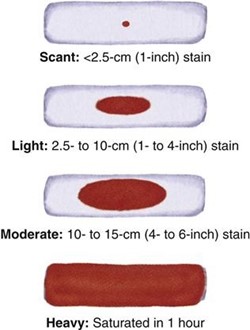An older female client is admited to the orthopedic unit following surgical repair of a fractured hip. On the second postoperative day, the client becomes confused and repeatedly asks the practical nurse (PN) where she is. Which information should the PN obtain before reporting to the charge nurse?
Current administration of analgesics or antianxiety medications.
History of situational depression related to major life events.
Previous episodes of frequent falls.
The client's history of alcohol abuse.
The Correct Answer is A
The practical nurse (PN) should obtain information about the client's current medications, including any analgesics or antianxiety medications that may be contributing to the confusion. These medications can cause cognitive impairment and confusion, especially in older adults. It is important to assess the client's mental status and identify any potential causes of confusion, as this can indicate a change in the client's condition that requires further evaluation and intervention.
Option B is incorrect as it refers to a history of situational depression, which may not be relevant to the current situation.
Option C is also incorrect as it refers to previous falls, which may not be related to the current confusion.
Option D is incorrect as it refers to the client's history of alcohol abuse, which may be important to know but is not the most relevant information to obtain in this situation.

Nursing Test Bank
Naxlex Comprehensive Predictor Exams
Related Questions
Correct Answer is B
Explanation
Amniocentesis is a prenatal test that can diagnose genetic disorders and other health issues in a fetus. A provider uses a needle to remove a small amount of amniotic fluid from inside your uterus, and then a lab tests the sample for specific conditions². It is important to empty your urinary bladder prior to the procedure ².

Correct Answer is D
Explanation
The most important action for the PN to implement is to **assess the vital signs**. Saturation of a peripad within 15 minutes to 1 hour after delivery must be promptly reported. Data such as the amount of bleeding, the condition of the uterus, checking the maternal vital signs, and observing for signs of shock would play a vital role in the care of the patient with hemorrhage¹. Early recognition and treatment of PPH are critical to care management.

Whether you are a student looking to ace your exams or a practicing nurse seeking to enhance your expertise , our nursing education contents will empower you with the confidence and competence to make a difference in the lives of patients and become a respected leader in the healthcare field.
Visit Naxlex, invest in your future and unlock endless possibilities with our unparalleled nursing education contents today
Report Wrong Answer on the Current Question
Do you disagree with the answer? If yes, what is your expected answer? Explain.
Kindly be descriptive with the issue you are facing.
